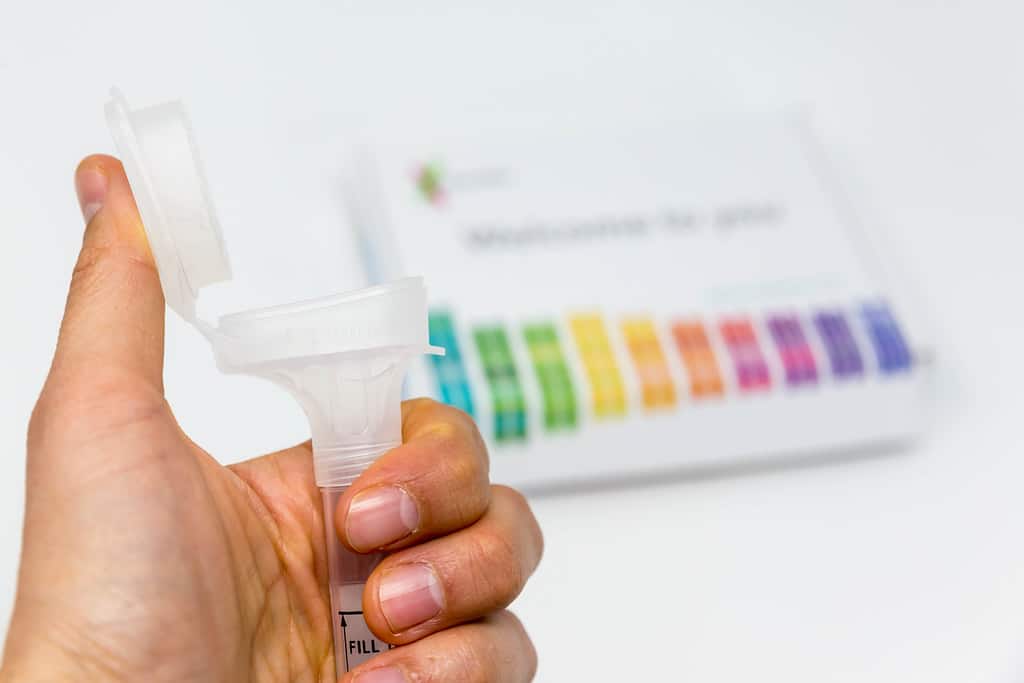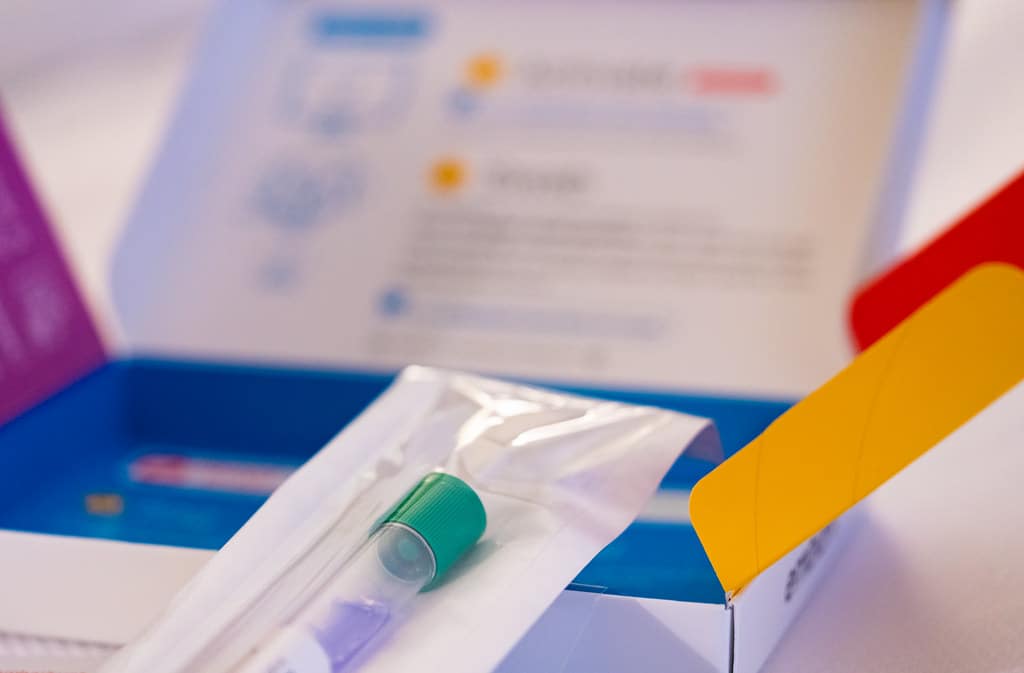Here’s why the Pentagon says you shouldn’t use 23andMe or Ancestry DNA
- By Alex Hollings
Share This Article

The Pentagon has issued guidance advising military service members not to use home DNA testing kits provided by companies likes 23andMe and Ancestry DNA.
Over the past few years, direct-to-consumer (DTC) DNA testing kits have become incredibly popular, with millions of Americans mailing their spit into these companies in hopes of learning more about where they came from. However, as the Pentagon pointed out in a recent statement, this new DNA-testing industry is very new, and as such, remains largely unregulated. As a result, the Pentagon fears that members of the military could have their genetic information exposed or stolen, which, according to the Defense Department, could “potentially create unintended security consequences and increased risk to the joint force and mission.”

“Exposing sensitive genetic information to outside parties poses personal and operational risks to Service members,” the Pentagon memo reads.
“There is increased concern in the scientific community that outside parties are exploiting the use of genetic data for questionable purposes, including mass surveillance and the ability to track individuals without their authorization or awareness.”
Concerns about the ways this sort of genetic evidence could be used against the United States don’t stop with service members. Even the president’s Secret Service security detail has agents tasked with “toilet security” (often referred to as TOILSEC). These agents are charged with preventing presidential poops from falling into the wrong hands, where they could feasibly be analyzed to determine the President’s eating habits and even any undisclosed health concerns. If that sounds like a ludicrous undertaking, you should know that former Soviet agent Igor Atamanenko has publicly gone on record to say that studying the excrement of world leaders was a common practice for Soviet intelligence agencies dating back to the 1940s.

“Our specialists came up with the most extravagant ways of extracting information about a person,” he said. “For example, if they detected high levels of amino acid Tryptophan, they concluded that person was calm and approachable. But a lack of potassium in poo was seen as a sign of a nervous disposition and someone with insomnia.”
Clearly then, there have been ways to leverage genetic information about target individuals for decades, lending a great deal of credence to the Pentagon’s warnings about sending your spit to a corporation for analysis. The Pentagon isn’t necessarily saying that companies like 23andMe and Ancestry DNA have nefarious intentions, so much as it’s difficult to know whose hands your DNA may end up in once you’ve given it up to a large organization.
“Until notified otherwise, DoD military personnel are advised to refrain from the purchase and/or use of DTC genetic services,” the Pentagon concluded.
Feature image courtesy of Marco Verch on Flickr
Related Posts
Sandboxx News Merch
-

‘AirPower’ Classic Hoodie
$46.00 – $48.00 Select options This product has multiple variants. The options may be chosen on the product page -

‘Sandboxx News’ Trucker Cap
$27.00 Select options This product has multiple variants. The options may be chosen on the product page -

F-35 ‘Lightning’ Framed Poster
$45.00 – $111.00 Select options This product has multiple variants. The options may be chosen on the product page

Alex Hollings
Alex Hollings is a writer, dad, and Marine veteran.
Related to: Breaking News

Game-changing military aircraft that were canceled before they could change the game

The US Air Force could sink Iran’s new drone carrier with a single shot

The UK is recycling old jets to build its next-generation Tempest fighter

Quicksink kits could make it much cheaper to take out enemy ships
Sandboxx News
-

‘Sandboxx News’ Trucker Cap
$27.00 Select options This product has multiple variants. The options may be chosen on the product page -

‘AirPower’ Classic Hoodie
$46.00 – $48.00 Select options This product has multiple variants. The options may be chosen on the product page -

‘AirPower’ Golf Rope Hat
$31.00 Select options This product has multiple variants. The options may be chosen on the product page -

‘Sandboxx News’ Dad Hat
$27.00 Select options This product has multiple variants. The options may be chosen on the product page
